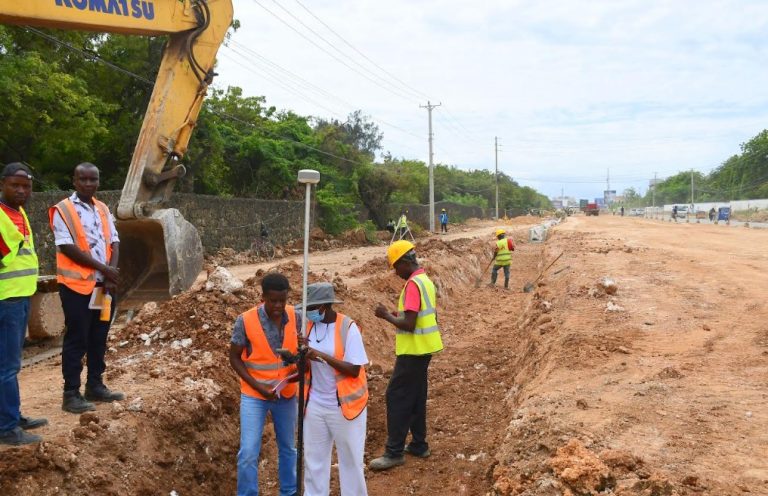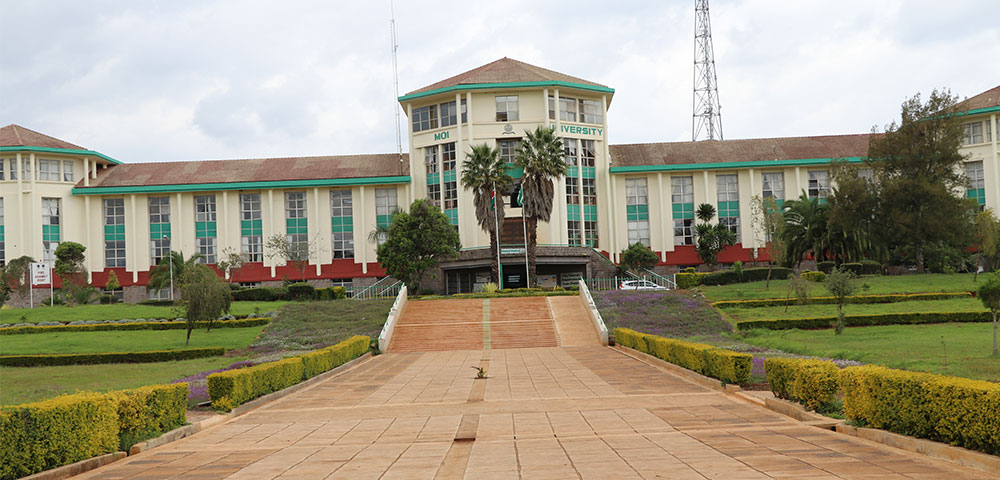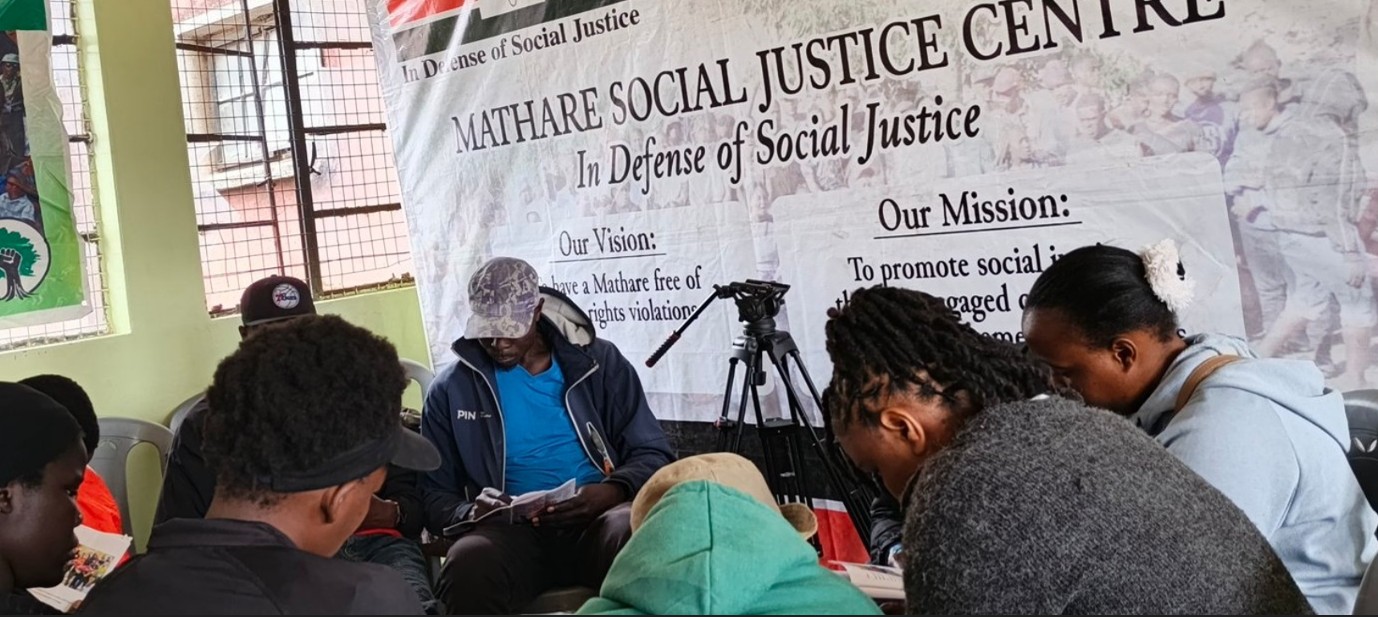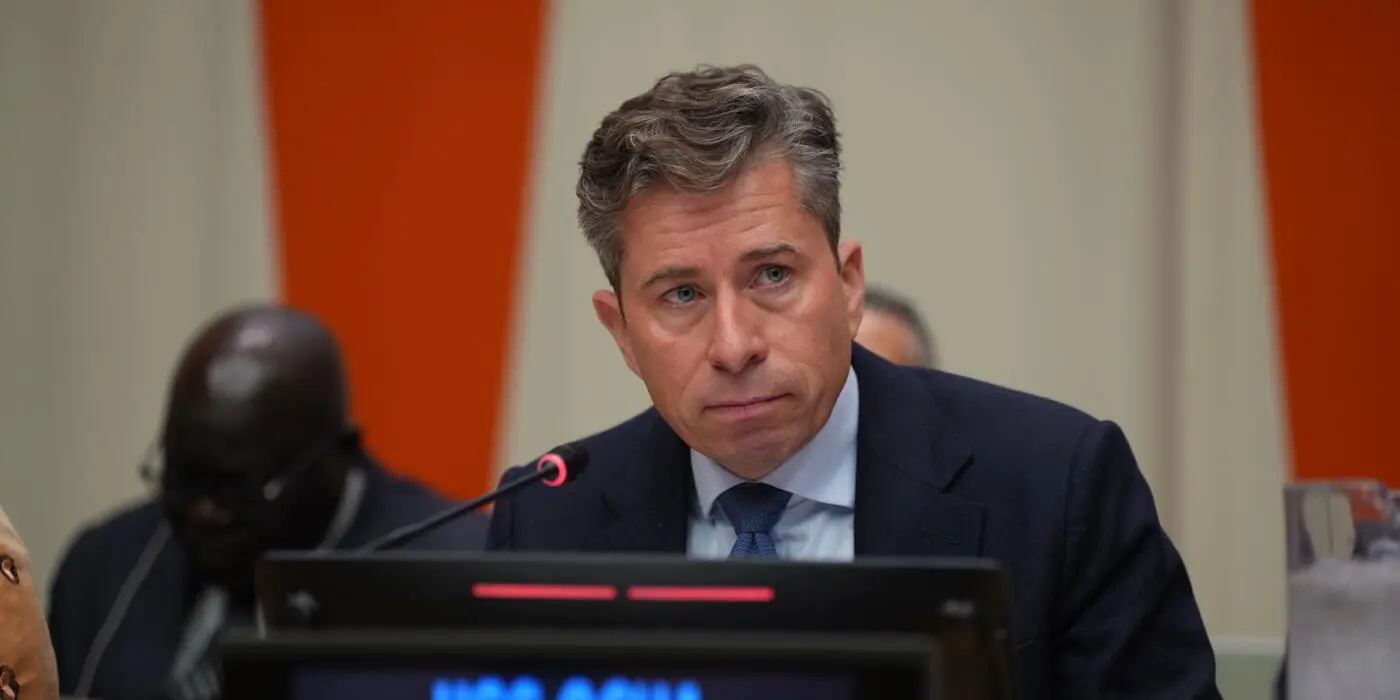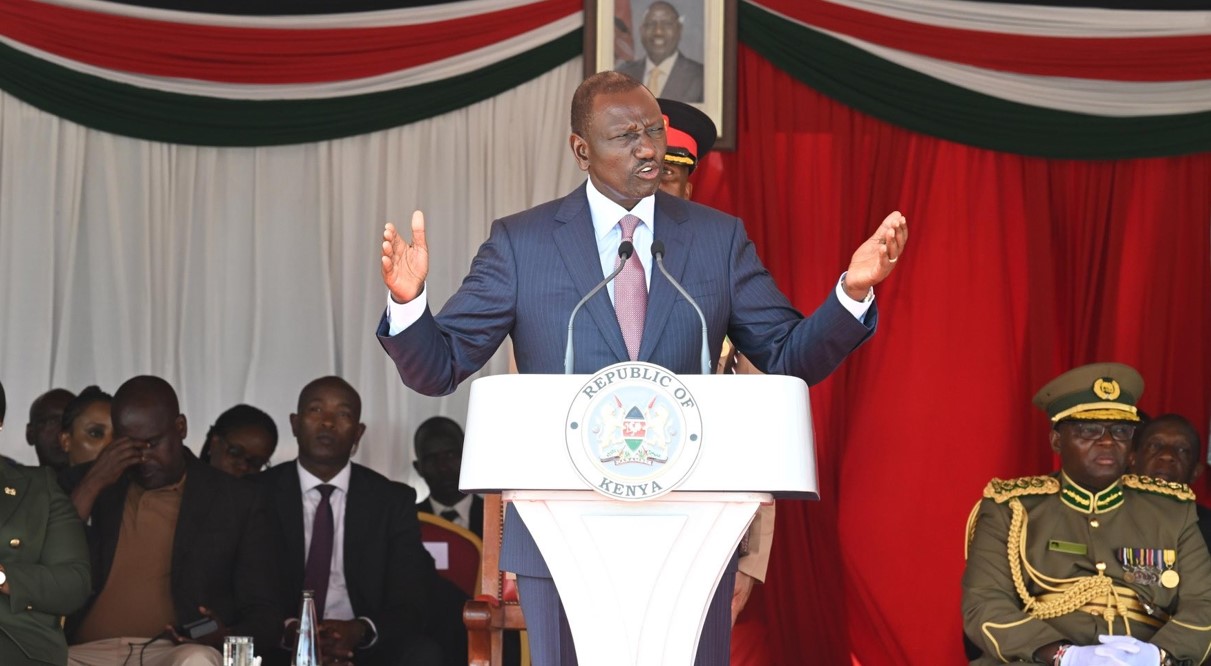Kenyan officials head to Geneva to address enforced disappearances amid country's "abduction" crisis
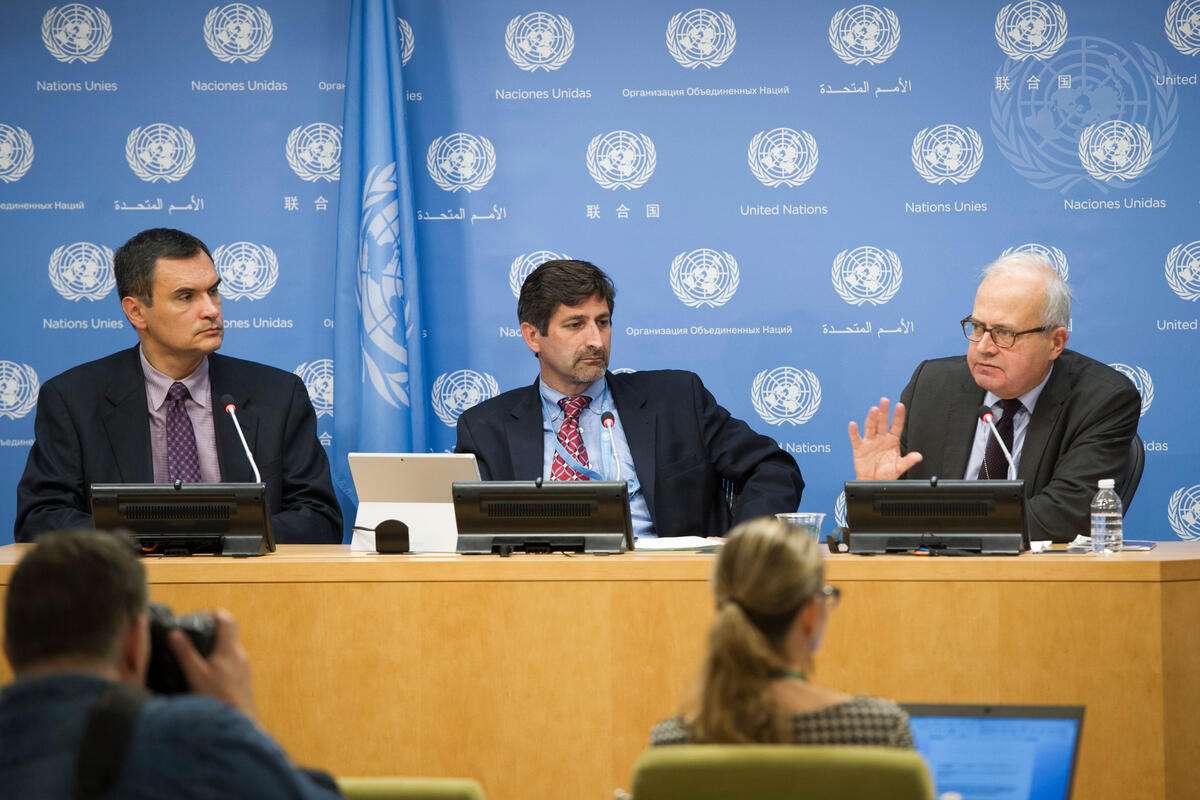
This is even as Human Rights experts argue that the incidents are not "abductions" but incidents of Enforced Disappearance, since a government cannot "abduct", it can only "disappear" an individual.
Kenyan officials are scheduled to attend the first-ever World Congress on Enforced Disappearances in Geneva, Switzerland Wednesday, amid the recent wave of alleged abductions in the country.
This is even as Human Rights experts argue that the incidents are not "abductions" but incidents of Enforced Disappearance, since a government cannot "abduct", it can only "disappear" an individual.
More To Read
- Kenya's Non-NATO status at risk as US Congress probes Ruto administration over extrajudicial killings, Sudan's RSF links
- Human rights activist Mwabili Mwagodi finally records statement on alleged abduction at Diani Police Station
- Court terminates abduction case against 15 police officers linked to murders of two Indian nationals, Kenyan taxi driver
- Amnesty urges East African Court to probe activist Mwabili Mwagodi's abduction
- Missing activist Mwabili Mwagodi found alive, says he 'was tortured, injected with unknown substance
- Blogger Ndiang'ui Kinyagia pleads for High Court protection from arrest, cites fear for life
The two-day congress is seeking to push for the universal ratification and effective implementation of the International Convention for the Protection of All Persons from Enforced Disappearance (ICPPED). This is happening at a time when the country is grappling with frequent cases of "abductions" of persons perceived to be critical to the government and foreign governments.
The Convention stands as the first legally binding instrument addressing enforced disappearances at a global level. The convention remains one of the least ratified human rights treaties.
"Globally, only 75 of the 193 UN Member States have ratified the Convention. In Africa, out of 54 Member States, 21 have ratified it including Benin, Burkina Faso, Cabo Verde, Central African Republic, Côte d'Ivoire, Gabon, Gambia, Lesotho, Malawi, Mali, Mauritania, Morocco, Niger, Nigeria, Senegal, Seychelles, Sudan, South Africa, Togo, Tunisia, and Zambia," a document on the upcoming meeting shows.
The congress is organised by the Convention Against Enforced Disappearances Initiative (CEDI), the United Nations Committee on Enforced Disappearances, the Working Group on Enforced or Involuntary Disappearances and the Office of the High-Commissioner for Human Rights.
It will explore legal avenues available in curbing the vice, the role of art in the struggle for justice, ED in the context of migration, identify key priorities to focus on in the fight against ED and come up with an action plan.
Its talks shall centre around victims and some of their family members' experiences and the impact ED has had on them.
Over 300 participants who include state representatives and members of various human rights organisations will be expected to register voluntary pledges to demonstrate their commitment to the global fight against enforced disappearance and their readiness to take action.
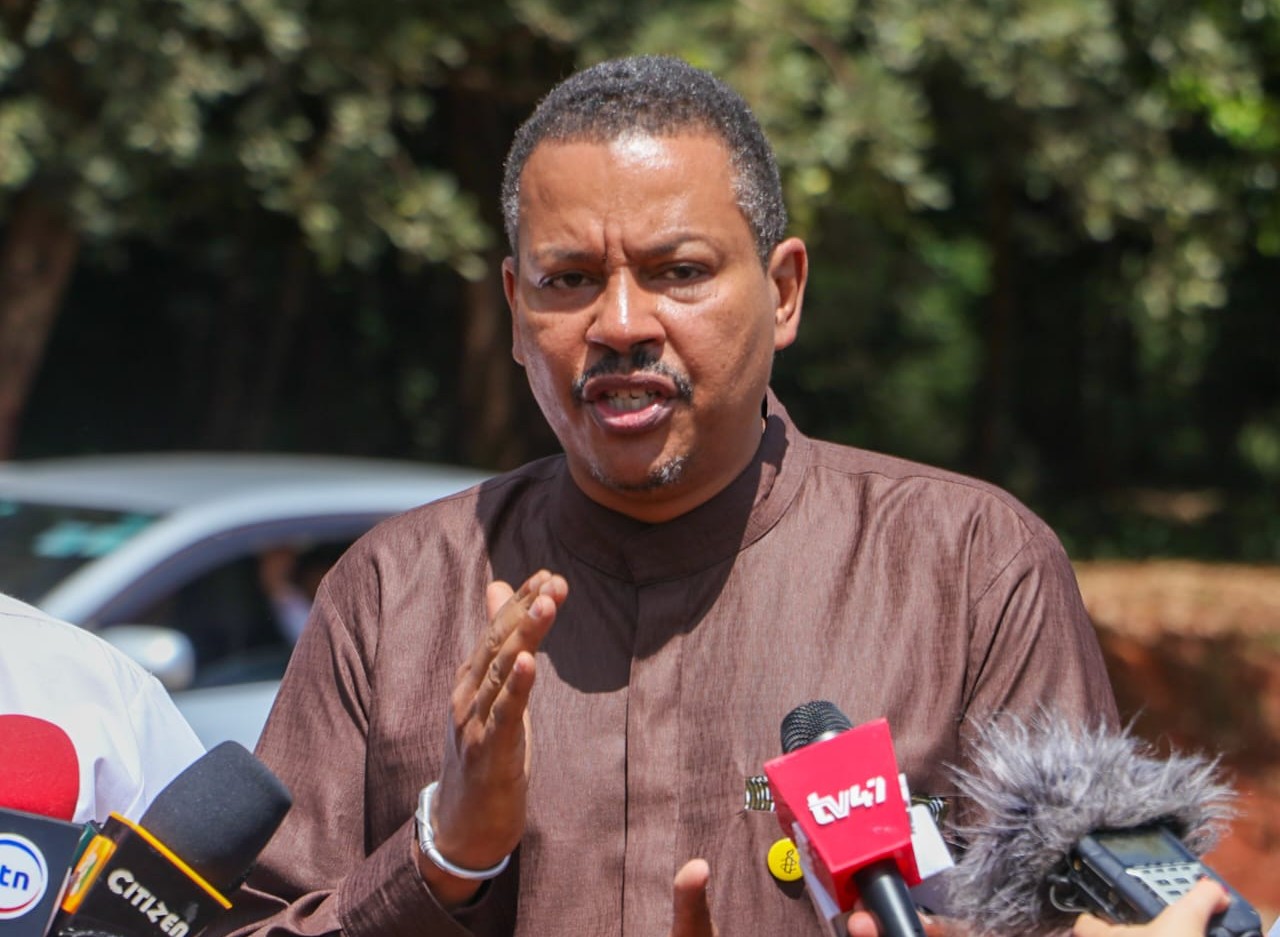 Executive Director Amnesty International Kenya Houghton Irungu addressing media outside DCI headquarters on January 14, 2025. (Photo Justine Ondiek)
Executive Director Amnesty International Kenya Houghton Irungu addressing media outside DCI headquarters on January 14, 2025. (Photo Justine Ondiek)
The pledges will be used to measure the future of progress towards the goal of eliminating ED everywhere in the world.
Stakeholders say they will be keen on pledges made by Kenyan officials, where the Kenya National Commission on Human Rights cited a total of 82 persons having been "abducted" by December 27, last year, the majority having been linked with the June anti-government protests.
Disputed figures
The figures were disputed by politicians allied to the government with some claiming that some victims were abducting themselves but the issue took a dramatic turn over the weekend when former Attorney General and current Cabinet Secretary for Public Service Justin Muturi called out the abductions saying he was yet to get answers for his son Leslie Muturi's abduction in June last year.
"I have taken this unusual step so that the matter can be debated honestly and openly in the country to find a lasting solution to this issue which if left unchecked has the potential to plunge the country into chaos and anarchy. We cannot live in fear in a democratic country. Let Kenyans be," the CS said on Sunday.
It will be remembered that while serving as the AG, Muturi presided over the 75th anniversary of the Universal Declaration on Human Rights and made three specific pledges that if enforced will reduce if not end cases of blatant enforced disappearances.
"On behalf of the Government and the people of Kenya, I am deeply honoured to present our human rights pledges. These pledges represent a momentous step forward in our journey towards a future where the rights and dignity of every Kenyan are respected, protected, and fulfilled," he said at the time.
The pledges included the introduction of a National Human Rights Policy and Action Plan for which, he said the government would develop a comprehensive National Human Rights Policy and Action Plan dedicated to enhancing the realization and enjoyment of rights and fundamental freedoms for all Kenyans.
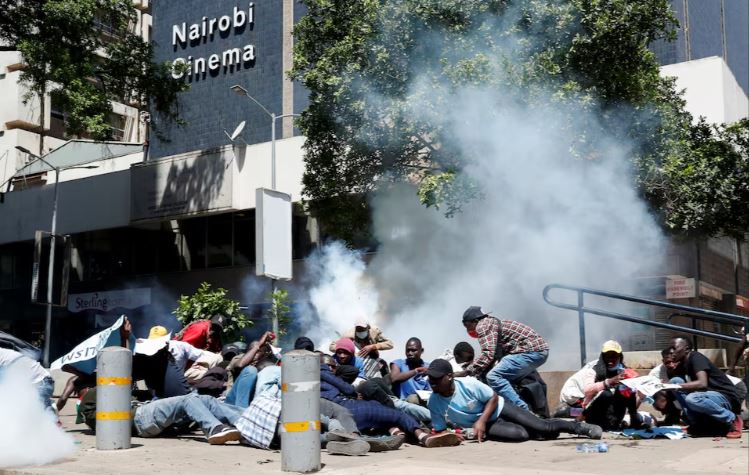 Protesters demonstrating against what they say is a wave of unexplained abductions of government critics, react after riot police lobbed teargas canisters to disperse them along the Aga Khan walk in downtown Nairobi, Kenya December 30, 2024. (Photo: REUTERS/Thomas Mukoya)
Protesters demonstrating against what they say is a wave of unexplained abductions of government critics, react after riot police lobbed teargas canisters to disperse them along the Aga Khan walk in downtown Nairobi, Kenya December 30, 2024. (Photo: REUTERS/Thomas Mukoya)
The second pledge was to criminalise Enforced Disappearances.
"We pledge to enact comprehensive domestic legislation that explicitly criminalizes enforced disappearances and establishes robust mechanisms for prevention, investigation, prosecution, and victim support," said the former AG.
The pledges now lay squarely on the hands of the new IG Dorcas Oduor who has been ordered by the court to in less than a week respond to a petition filed by Kituo cha Sheria and the Mathare Social Justice Centre who are seeking to compel Kenya to refer cases of abductions happening in the country to the International Criminal Court (ICC).
The ruling made by Justice Chacha Mwita followed the two petitioners' argument that the Kenyan police are unable to prevent or probe the crimes.
EDs remain a pressing issue within Africa, where despite being widespread, cases are often underreported.
"The lack of comprehensive data on the prevalence of enforced disappearances hampers our understanding of the full scope of the problem. This data gap is influenced by various factors, including limited awareness of the issue, challenges related to the rule of law, lack of political will, and fear of reprisals when reporting cases," the document adds.
The latest victim is Tanzanian journalist and human rights advocate Maria Sarungi who was "abducted" in Nairobi on Sunday and later released following widespread condemnation by human rights organisations and concerns by the UN Resident Coordinator Dr Stephen Jackson and the European Union Ambassador to Kenya Henriette Geiger.
Top Stories Today



